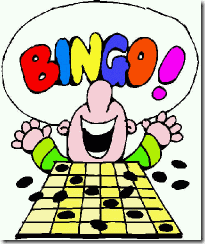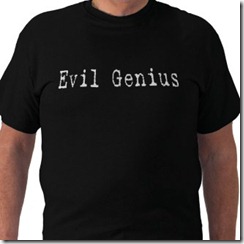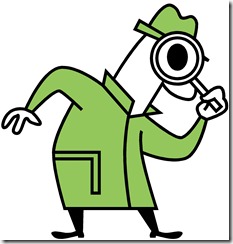Fiction-Zone: Leaps in Fiction Mastery by Diane Holmes, Chief Alchemist of Pitch University
WARNING: I’m in the middle of shaking you up, baby. Okay, now read on.
A purchase is a one-time exchange. But demand is what creates a career.
So your job is to create that demand, that interest, that desire for what you offer.
Certainly the quality of your work can create a demand.
We writers love to rely on that, because it’s what we care about: our writing. Plus it’s passive which is so much less effort. Write, send it into the world, let the writing speak for itself. Wait to be recognized.
What we hope:
Readers (clients) will be so inspired by our quality, they’ll make it their mission to demand more. Well know about this mission because they’ll spontaneously call us just to rave. Thank goodness they’re not distracted by their own lives.
Might be good to ask how can WE, also, create a demand. What is our power in influencing readers? ( Us, not our marketing materials, not our business cards and tag lines. You and me.)
But why????
Because not everyone will have read your past writing. These people–who could easily be your future audience, buy your products, champion your skills–won’t know your sentences are pure glory.
But if they meet you, speak with you, they could become the people who demand your work, even though they HAVEN’T read it.
Now that’s the power of demand.
As I said in Part 1, when you speak, nothing influences demand better than the 8 languages of passion.
Read Part 1 HERE.
We’ve already covered the language of Mastery, Excitement, Heart, and Confidence. Onward now to the final 4 ways you represent your passion.
5) Extraordinariness.
We all want to think we and our writing are special, are unique. But we’re usually talking about being special and unique in the same way as everyone else is. 😉
(That’s especially true if the specialness is a product of a marketing exercise where you have to write down something that everyone will agree is a mighty-fine quality. It’s always too generic. Too fake. Too filled with hype.
So what we think of as special and unique is Not. Good. Enough.
What I’m talking about instead is the crossroads where “blow your mind” and greatness meet up.
You’ve heard of a delight factor, right? Well, I’m talking about a delight factor that is authentic to you and inspires that wow feeling in others.
And yeah, you might not be aware of your own delight factor unless someone else points it out..
So go figure it out. Then learn to include what delights you and others, what makes you extraordinary, in conversations.
No, not with an agenda. That ruins everything, doesn’t it? In an authentic way, because how can you NOT talk about the thing that captivates you the most? How can you look forward to having a conversation about something that delights the folks you talk with?
Imagine writing for Groupon and not sharing how much you enjoy writing crazy things like : “The hamburger is an edible American icon, much like coleslaw made with shredded Norman Rockwell paintings.”
The Groupon voice is the writer’s and the reader’s delight factor! It’s what makes a job writing coupon ads extraordinary.
—
Here’s an interview with Markus Zusak, the author of The Book Thief, He talks about his choice to make Death the narrator, and about his breakthrough thought, “What if Death was afraid of us? What if Death was haunted by humans?”
It’s an extraordinarily special approach to an award-winning novel, and he talks about it in the most ordinary way. Such a good example about how you do this.
Imagine if he hadn’t mentioned it at all?
What a missed opportunity that would’ve been to create a demand for his novel in the very people most likely to appreciate what he, himself found extraordinarily captivating.
CONTINUED NEXT WEEK!
—
 Diane writes two alternating columns for Freelance-Zone:Fiction-Zone: Leaps in Fiction Mastery and Marketing-Zone:Marketing-Zone: Marketing Yourself and Your Book.
Diane writes two alternating columns for Freelance-Zone:Fiction-Zone: Leaps in Fiction Mastery and Marketing-Zone:Marketing-Zone: Marketing Yourself and Your Book.





 Last Thursday, Amanda Smyth Connor got her rant on in
Last Thursday, Amanda Smyth Connor got her rant on in 
